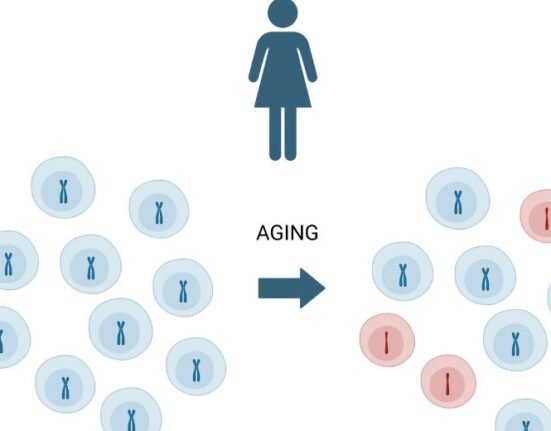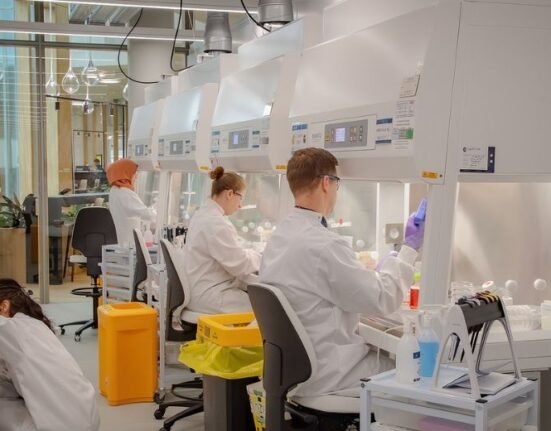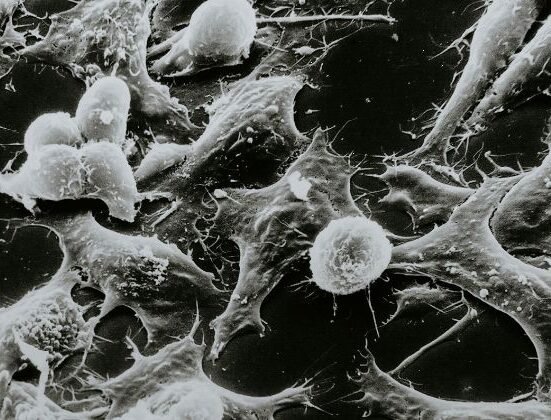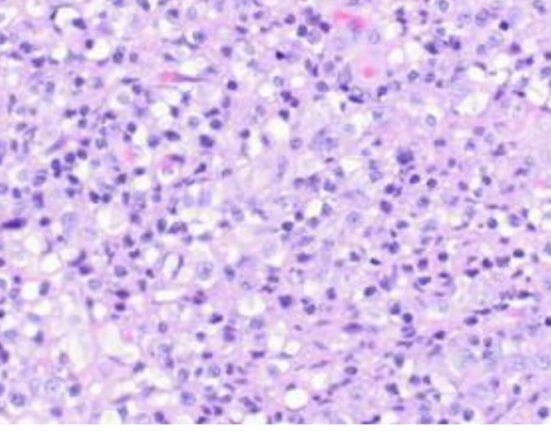HQ Team
February 14, 2024: Is a daily dose of aspirin beneficial for the overall health of the elderly? According to a recent research published in the New England Journal of Medicine, not much. Researchers used data from the Aspirin in Reducing Events in the Elderly (ASPREE) clinical trial and found that aspirin brought no significant benefits in improving the survival or quality of life of older adults. However, the trial saw more deaths in the aspirin group than in the placebo group.
The ASPREE trial recruited more than 19,000 participants above the age of 70 from 2014 to 2019. Half of the participants received a daily dose of 100 mg aspirin, while the other half received a placebo. The participants were recruited from the United States and Australia.
Trial goals
The primary goal of the trial was to see if aspirin ensured a disability-free survival rate among the 70-plus group drawn from community living groups.
The researchers also examined the secondary end-point data, which consisted of events of dementia, physical disability, or death. Follow-ups were done through quarterly telephonic check-ups and annual in-person visits. If a participant was reported as dead, then relevant clinical information was obtained from the authorities. The cause of death was assigned using the International Statistical Classification of Diseases Tenth Revision (ICD-10). Also, an independent review of the cause of death was done and cancer-related deaths were tabulated. The data was analyzed, and Cox-proportional hazards models were employed to calculate the hazard ratios for specific cause-related deaths, which were then compared between the treatment and placebo groups.
The Cox proportional hazards model is a statistical technique used for analyzing the relationship between the survival time of individuals and several predictor variables. It’s commonly used in survival analysis, particularly in medical research and epidemiology.
Mortality rate of the participants
The results showed that the mortality rate was higher among healthy adults above the age of 70 who were given a 100 mg dose of aspirin every day during the ASPREE trial. Furthermore, the cause of death among these adults was primarily cancer.
Out of the 1052 deaths that occurred in the study, 558 were in the aspirin treatment group and were mainly attributed to cancer-related deaths. The first three years showed similar incidences of deaths from cancer and other related causes in the placebo and aspirin groups. But after three years the cancer-related deaths and any-cause mortality were found to diverge for the aspirin group.
Varying results
This result is in direct contrast to earlier meta analysis studies and clinical trials that found that continuous treatment with aspirin brought down cancer-related deaths. The metastasis rates among groups that were treated with aspirin were also found to be lower as compared to the placebo group. Two large, long-running cohort studies published in June 2016 in JAMA Oncology, linked the use of aspirin for 6 years or longer with a 19% decreased risk of colorectal cancer and a 15% decreased risk of any type of gastrointestinal cancer.
Research has shown that aspirin seems to affect the molecular and cellular progression of cancer in some way, the biological basis through which aspirin either accelerates or delays cancer remains unclear.
The results of the ASPREE clinical trial indicated that adults receiving a daily dose of 100 mg aspirin experienced higher rates of all-cause mortality and cancer-related mortality compared to those in the placebo group. For the present study, also the large number of participants helped identify the proximal cause of death, but no conclusive results on the benefits of aspirin treatment could be formed.
However, these findings diverged from outcomes observed in previous comparable clinical trials, emphasizing the need for careful interpretation and consideration of potential factors influencing these results.








